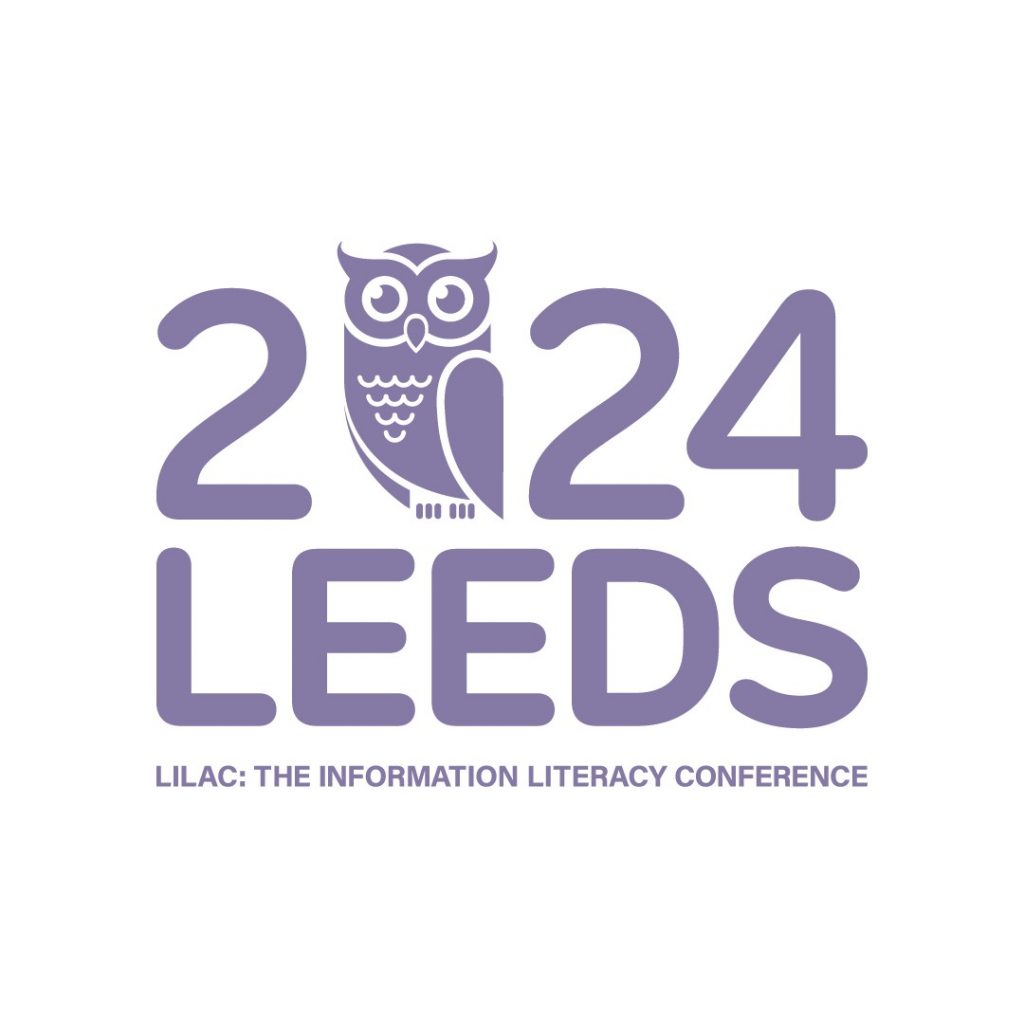Hope Williard shares her insight and experience of Open Reviews at LILAC 2023
The LILAC 2024 call for presentations opens soon, so it’s an ideal time to start thinking about your submission. In this post, Hope Williard from Utrecht University shares her experience of doing an open review at LILAC 2023 and suggests why you should consider it too. Are you are considering a contribution to LILAC 2024? You might notice a type of presentation called an ‘open review’. The open review is a bit different from other papers, posters, and workshops, but do not let that put you off! In this post, I want to share my experiences with the open review and encourage future LILAC participants to take part.
In 2022-2023, I was part of the RLUK Professional Practice Fellowship programme, a unique grant opportunity, jointly funded by Research Libraries UK and the AHRC, to offer library workers and archivists the time and capacity to do research relating to our professional practice. My project, ‘The Lifelong Researcher: Supporting Doctoral Students’ Development of Digital Literacies’, grows out of my role as history librarian and liaison librarian for the Doctoral School at the University of Lincoln. My research investigates how PhD students in history learn to find and use digital resources in academic libraries, and how training programmes in digital skills could be improved to support lifelong learning and skills development through the completion of their degree and beyond. It has involved interviewing supervisors, research studies, and librarians, about their experiences and perceptions of digital skills development, as well as a survey of doctoral training offered at the University of Lincoln and twelve peer institutions.
When I thought about how I wanted to share my findings with library professionals and historians, I knew that a journal article would be a great place to start. But since I have very little experience of publication in the LIS field, I was intimidated by the process and unsure where to start. Then I read the description of the open review session:
Would you like to see your writing published in the Journal of Information Literacy? Would it be helpful to receive peer feedback through discussion? Submit your draft paper to the conference for an open review with 4/5 information literacy peers and the journal editors in a live discussion taking place during the conference.
It was exactly what I was looking for—an opportunity to share my work and get feedback, specifically focused on preparing my work for publication and making it the best it could be. I was
delighted when my abstract was accepted, and I began to prepare my draft article. Life happened, and the article draft I sent to the session chairs and reviewers was more of a work in progress than I had hoped it would be. However, even with a full (rough!) draft, the session was still incredibly valuable. The limited group of participants allowed for an open dialogue where everyone’s voice was heard. Alison Hicks expertly guided the discussion, pointing out ways in which I could shape the draft to make it clearer, stronger, and the best potential fit for the Journal of Information Literacy. I am very grateful to all the participants in the session for the generous, supportive, and thoughtful comments on my work!
I left the session with a page of notes—recommendations for works to add to my bibliography, suggestions for ways to clarify and strengthen the structure of my work, and encouragement from
participants in the discussion regarding aspects of the work they thought were strongest. It was a wonderful experience, and I would enthusiastically recommend it to any library professional. The open review session is ideally set up to help those who (like me), are new to publication in LIS; it would also be a good fit for someone who has a project written (or even partially written) up but needs some encouragement, support, and feedback to finish writing it up. My open review experience at LILAC was one of the highlights of my conference and I would warmly recommend it to others.
Preparing to write your conference abstract for a proposed presentation can be quite a daunting task, especially if you haven't done it before. We also know it’s a particularly busy time at the moment. Watch the LILAC committee’s workshop on ‘writing a conference presentation abstract for LILAC’ at a time that’s convenient for you, it’s available on the LILAC website. If you have any questions or queries, share them via the Padlet. The conference programme team will bring together all of their suggestions and advice in a future blog post – so watch this space!

